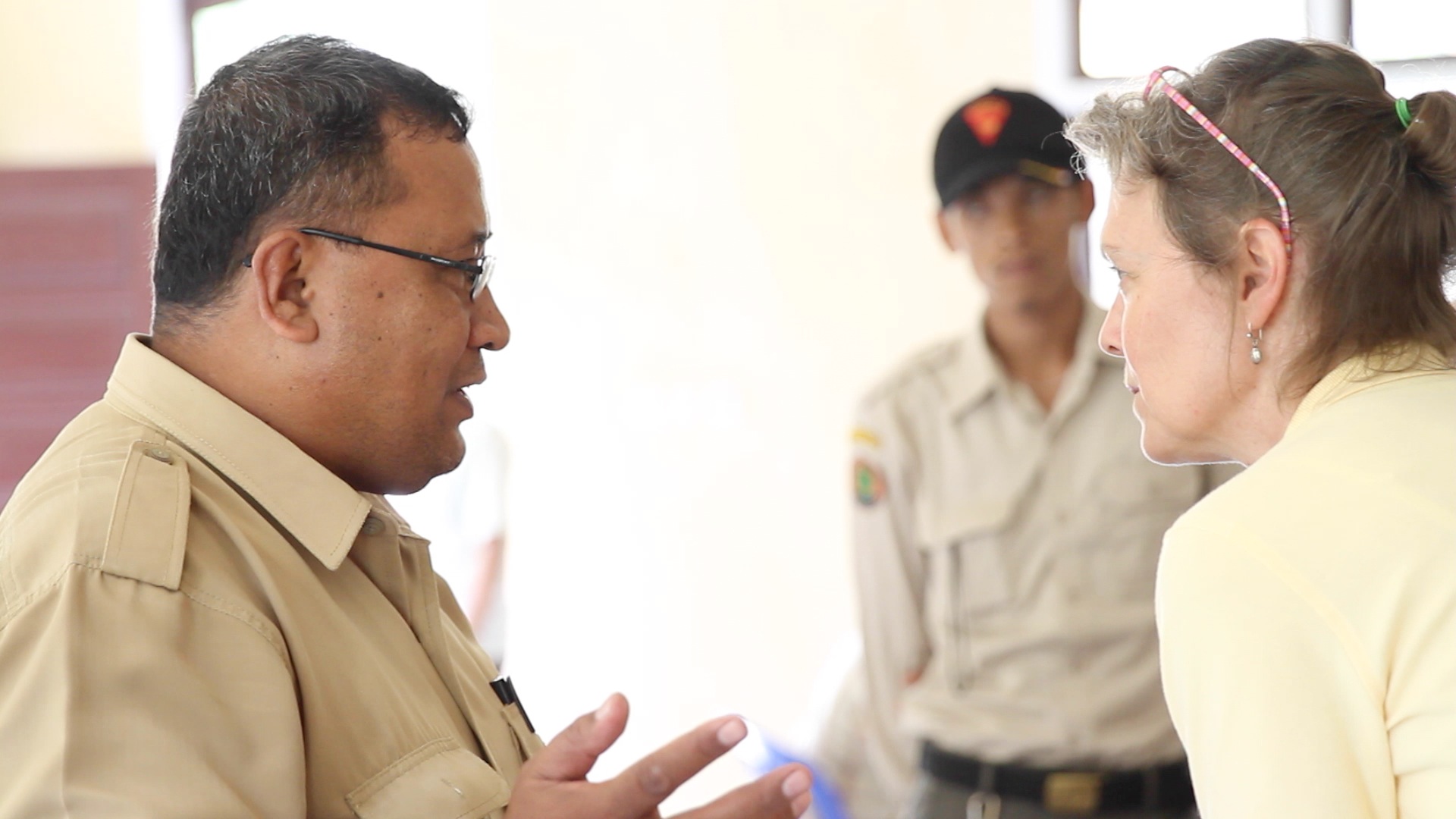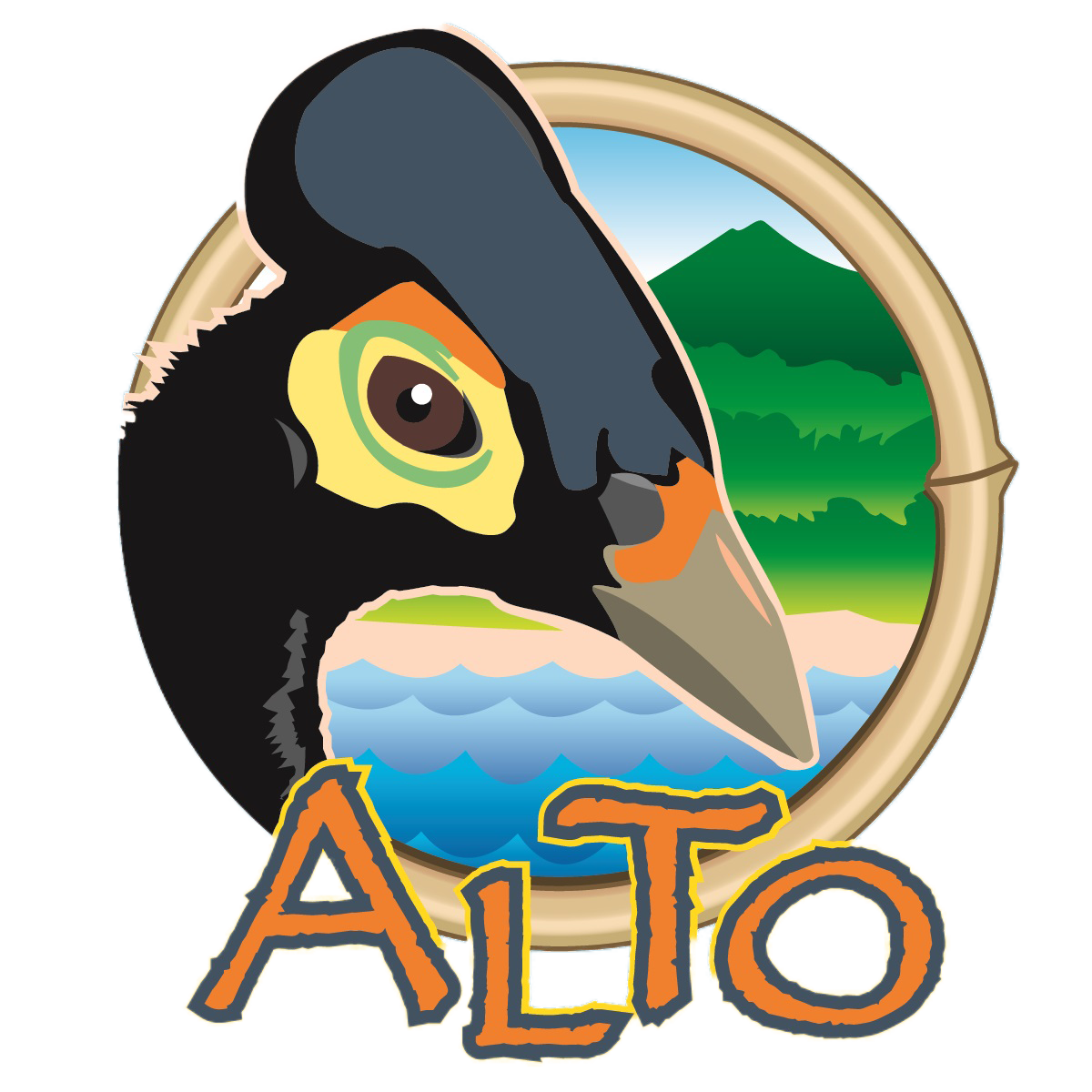Law Enforcement
Law Enforcement
Powerful Laws, Little Enforcement
Did you know that maleo birds, sea turtles, and many other imperiled species are fully protected under Indonesian (and international) law? It is illegal to take, harass, kill, or trade in adult maleos or sea turtles, or their eggs or products. The fact is, most people–Indonesian or not–don’t know this.
AlTo’s outreach efforts aim to educate and remind Tompotika residents about how unique and wonderful their wildlife and wild places are–and how human activities are threatening them. And once educated, a great many Tompotikans voluntarily choose to comply with laws protecting them.
But certain practices, such as the taking of maleo eggs or sea turtle eggs or meat, are widespread and longstanding local habits, and laws forbidding these practices, though on the books for years, have received little publicity or enforcement. In order to halt the decline of maleo and sea turtle populations, ending the widespread poaching of these protected species in Tompotika is essential, and that can be done only with the support and participation of law enforcement personnel.
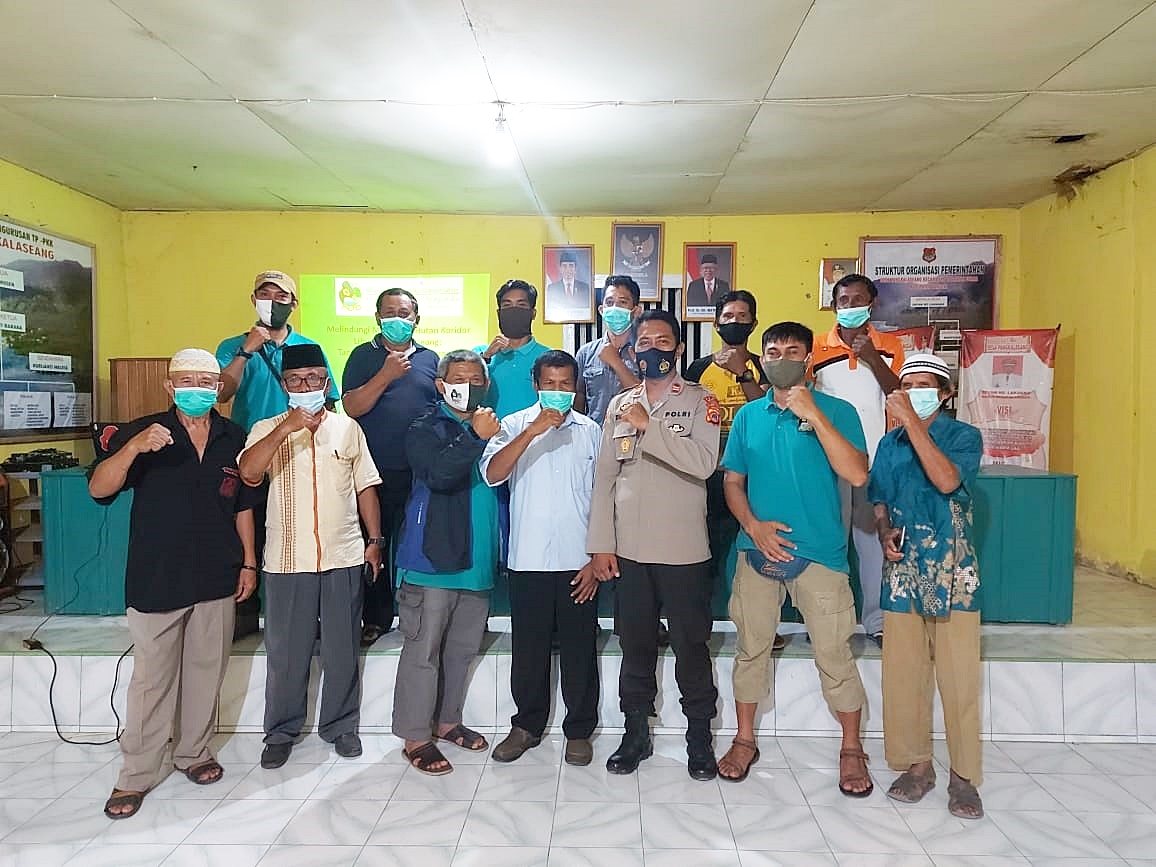
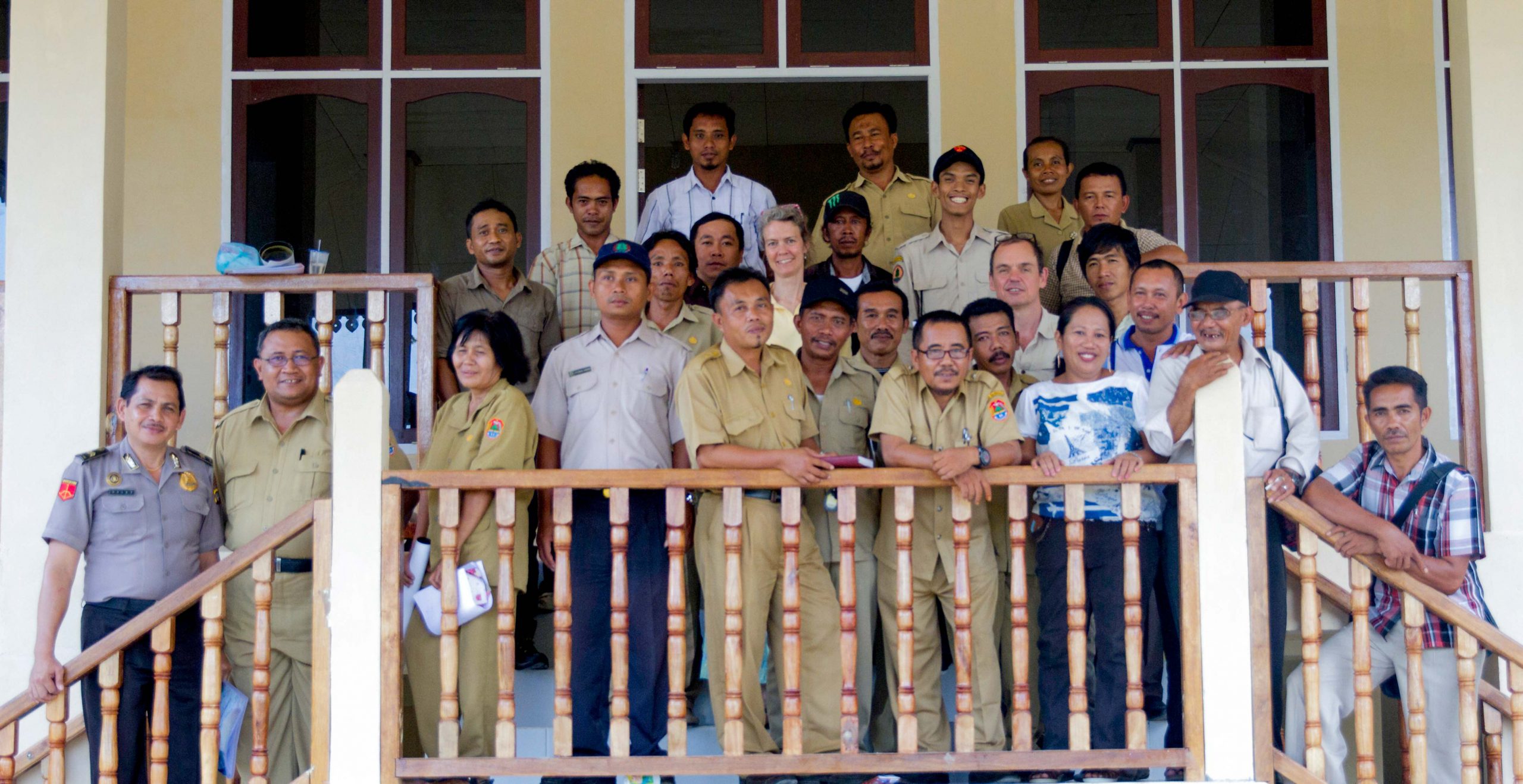
In Partnership with Government
So, in collaboration with BKSDA Central Sulawesi, the government agency in charge of wildlife management, starting in 2012 AlTo initiated a special program of outreach to law enforcement personnel from all different jurisdictions–officials from the police, Justice, Forestry, Fisheries, the military, village and district heads, and more–in an effort to strengthen enforcement of wildlife laws in Tompotika.
AlTo’s Law Enforcement Outreach program aims to bring officials together to identify and overcome for themselves the barriers to effective wildlife law enforcement in Tompotika.
No Time To Lose
The stakes could not be higher. Three sea turtle species–Olive Ridleys, Greens, and Hawksbills–still nest in the Tompotika area. But due primarily to poaching, their numbers have been dwindling, and Hawksbills especially are nearly gone. Sadly, Leatherback turtles have already disappeared within the last decade or so.
Likewise, populations of maleos beyond the Taima nesting ground, where the AlTo alliance protects them, are also in decline. And other endangered species as well, such as the dwarf buffalo anoa (Bubalus depressicornis and B. quarlesi), babirusa (Babyrousa babyrussa), Tonkean macaque (Macaca tonkeana) and many more suffer from poaching and lack of enforcement of their protected status.
On the other hand, however, the success of the Taima maleo program proves that when poaching is halted, wildlife populations can recover.
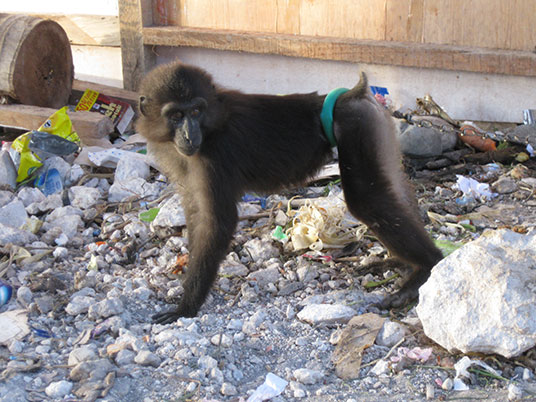
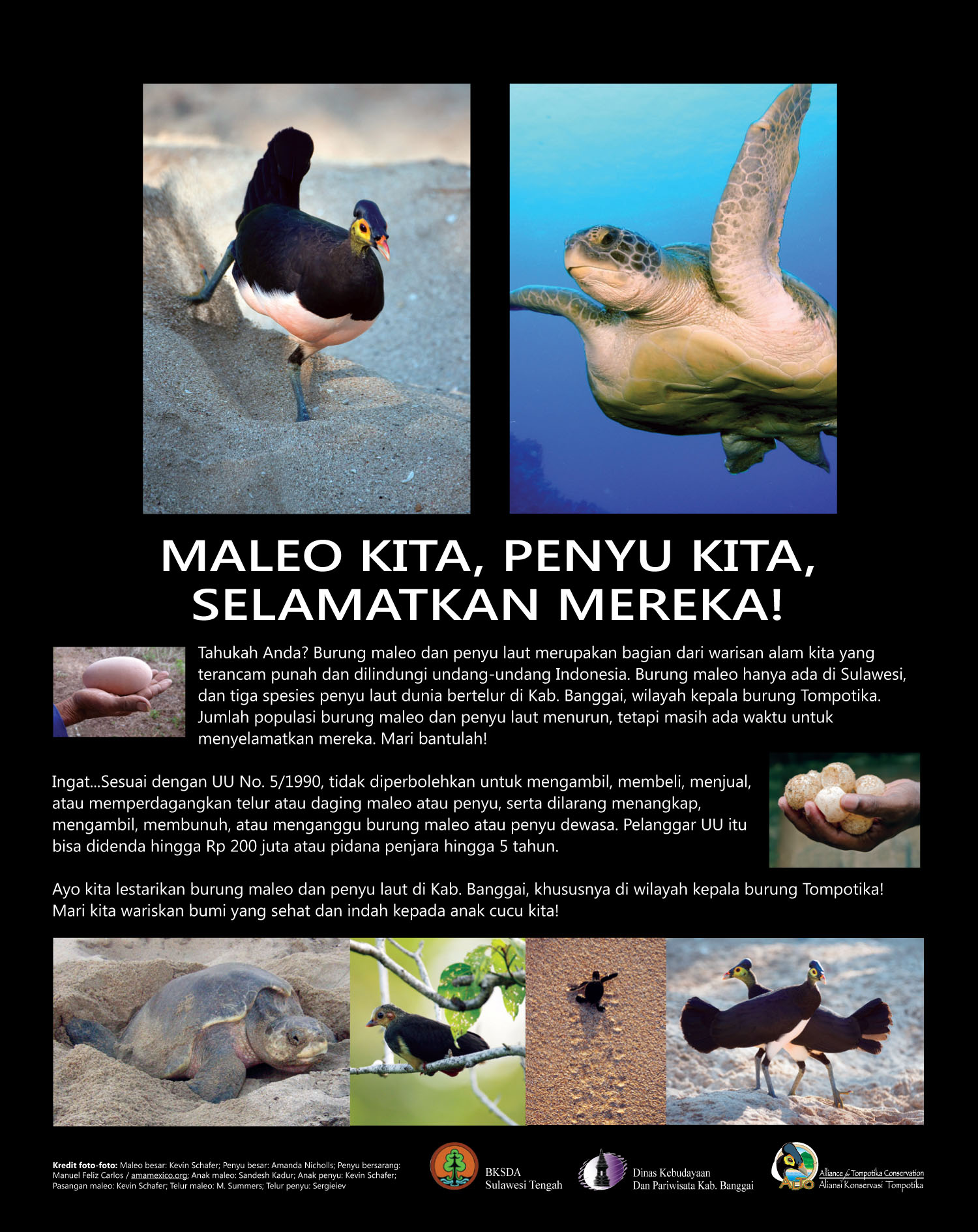
Public Notice for All, Special Attention for Law Enforcement
The first step in the program is education. Music, theater, and public events have focused on spreading the word about maleos, sea turtles, and other protected wildlife to the general public in Tompotika, above and beyond AlTo’s regular school-based Awareness Campaign. But AlTo has also created special educational materials for law enforcement personnel themselves, starting with a “pocket guide to wildlife laws,” and other information resources.
In addition, in a series of workshops bringing personnel from various jurisdictions and regions together, AlTo has facilitated the creation of a “peer network” of law enforcement officials who are meeting periodically to plan strategies, develop procedures, and support one another in the implementation of tougher enforcement of wildlife laws.
Finding What Works, Together
Through these workshops, which include case studies, role-plays, and other activities, Tompotika law enforcement personnel are developing the motivation and the procedures to apply and enforce the laws that protect endangered wildlife. What’s more, they’re developing the camaraderie and peer relationships to continue to inform and support one another beyond the workshops, as they actually enforce the laws in their communities.
This way, law enforcement officials support maleos, sea turtles, and other wildlife by cracking down on poaching. At the same time, in turn, maleos and turtles are helping law enforcement officials through providing methods and procedures for them to work and communicate together more proactively and effectively. That ultimately helps them do their jobs better. And, as workshop attendees have noted, the entire effort supports civil society and the rule of law. That’s good for everyone.
